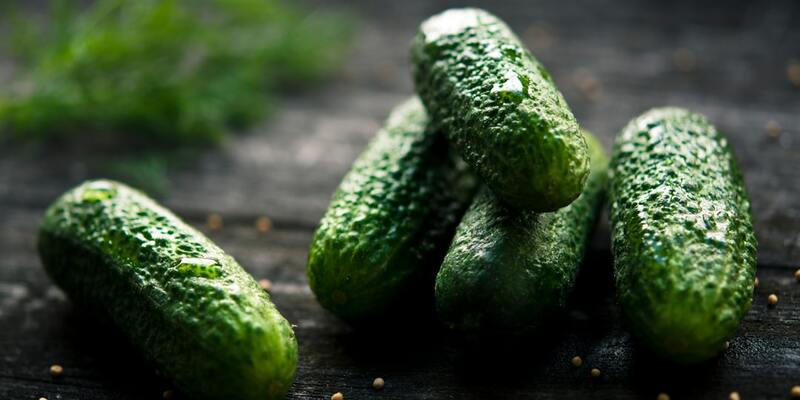The Surprising Health Benefits of Pickles for Senior Citizens

As we age, maintaining a healthy diet becomes increasingly important to support our overall well-being. While fresh fruits and vegetables often take center stage, there’s one food that you might not have considered as a health booster: pickles. Yes, those tangy, crunchy cucumbers soaked in brine have been around for centuries, and they offer a surprising array of benefits, especially for senior citizens.
A Burst of Flavor Without the Guilt
Pickles are low in calories, making them a guilt-free snack option. For those watching their weight or trying to maintain a balanced diet, pickles provide a satisfying crunch without packing on the pounds. They are also low in fat and can easily be added to meals as a flavorful, healthy side.
Probiotics for a Healthy Gut
One of the most significant benefits of pickles comes from the fermentation process used to create them. Traditional pickles are fermented using lactic acid bacteria, which are natural probiotics. These “good” bacteria are essential for maintaining a healthy gut, which can be particularly beneficial as we age. A healthy gut not only aids digestion but also supports the immune system, helping to fend off infections and illnesses.
A Natural Source of Antioxidants
Pickles are rich in antioxidants, particularly vitamin C and beta-carotene. These powerful nutrients help protect your cells from damage caused by free radicals, which are unstable molecules that can contribute to aging and chronic diseases. Including pickles in your diet can be a simple way to boost your antioxidant intake and support your overall health.
Blood Sugar Management
For seniors managing diabetes or keeping an eye on their blood sugar levels, pickles can be a valuable addition to your diet. The vinegar in pickles has been shown to help regulate blood sugar levels by improving insulin sensitivity. This means that enjoying pickles with your meals might help prevent those post-meal blood sugar spikes.
A Source of Essential Nutrients
Pickles, particularly those made from cucumbers, are a good source of essential nutrients like vitamin K, potassium, and magnesium. Vitamin K is crucial for bone health, a concern for many seniors, as it helps with calcium absorption and bone strength. Potassium helps regulate blood pressure, while magnesium supports muscle and nerve function.
A Caution on Sodium
While pickles offer many health benefits, it’s important to be mindful of their sodium content. Most pickles are high in salt, which can be a concern for those with high blood pressure or heart conditions. However, you can still enjoy pickles in moderation or opt for low-sodium varieties to get the benefits without the drawbacks.
How to Include Pickles in Your Diet
Pickles are incredibly versatile and can be added to various dishes. Here are a few ideas:
- Snack on them: Enjoy a few pickles as a quick, satisfying snack.
- Add to sandwiches: Layer pickles on your favorite sandwich for a burst of flavor.
- In salads: Chop pickles and add them to salads for aPicklesn extra crunch.
- Pickle juice: Believe it or not, pickle juice can be used in salad dressings or even sipped in small amounts for its potential health benefits.
Conclusion
Pickles might seem like a simple food, but they offer a surprising number of health benefits, especially for seniors. From aiding digestion to supporting bone health, these tangy treats can be a valuable addition to your diet. Just remember to enjoy them in moderation, and you might find that pickles are the perfect way to add a little extra flavor and health to your meals.
So, next time you’re at the grocery store, consider picking up a jar of pickles—your taste buds and your health might just thank you!






